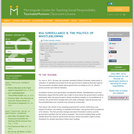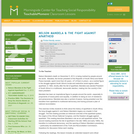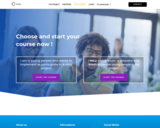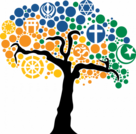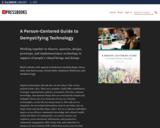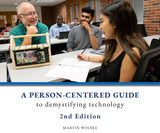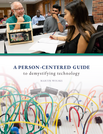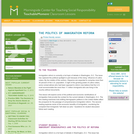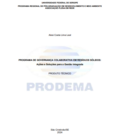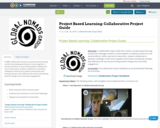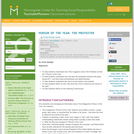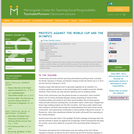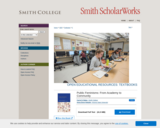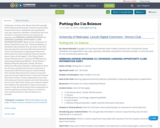The online training programme for activities and specialized educators aimed at introducing how to use the methodology and tools developed under the project : It targets youth activists and specialized educators who want to involve youth people in civic participation projects, with the goal of training more youth activists and educators.
You will find a Guide for the promotion of youth civic participation at the local level: this guide has different objectives, first of all to involve youth at risk and keep them involved, then to diagnose the needs of local communities, and finally to understand and cooperate with the local institutional context.
And a training programme for YOUNG PEOPLE involved in civic participation projects: the program targets youth-at-risk and contains lesson plans and related materials that youth activists and educators can use to train and guide youth-at-risk involved in local change projects.
This training is doable online with quiz to assess the progress of each students.
It is free.
YOUC project for Promoting Youth Participation in Local Communities is aimed at young activists, youth workers, educators and organizations who want to promote the empowerment, initiative and civic participation of young people at risk of marginalization.
The project is based on a methodology and a set of tools to promote youth participation and active citizenship at the local level of young people in difficulty supported by groups of young activists and volunteers, as well as educators from associations in each partner country.
YOUC project supports the capacity building of youth leaders and educators by providing them with an effective methodology and tools to reach marginalized youth and involve them in local civic participation. For the same reason, the project focuses on the horizontal management of the professional development of youth workers.
YOUC aims to:
• Promote the activation of NEETs
• Improve the level of key competences and skills of young people, in particular the European key competence social and civic responsibility
• Promote the participation of young people in civil society
• Promote inclusion and solidarity
The European Commission’s support for the production of this publication does not constitute an endorsement of the contents, which reflect the views only of the authors, and the Commission cannot be held responsible for any use which may be made of the information contained therein.
